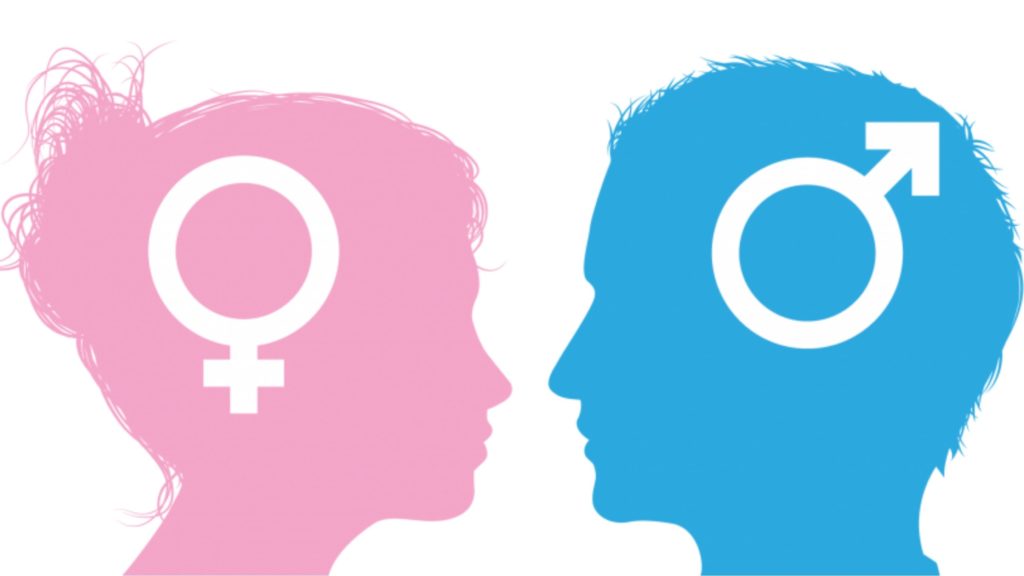Creating Gender – Sensitive Schools: A Path to Equity

Gender equality is a fundamental human right, and schools play a crucial role in shaping attitudes, behaviours, and opportunities. To achieve true gender equity, educational institutions must actively foster an inclusive environment that respects and supports all students, regardless of their gender identity. In this article, we explore why gender sensitivity matters in schools and how educators, policymakers, and students can contribute to positive change.
Why Gender Sensitivity Matters
Safety and Inclusion: Schools should be safe spaces where every student feels welcome and respected. Gender-sensitive schools actively address issues like bullying, harassment, and discrimination. They create an environment where boys and girls can thrive without fear of violence or exclusion.
Breaking Stereotypes: Gender stereotypes limit opportunities for both boys and girls. By challenging these stereotypes, schools can empower students to pursue their interests and talents freely. For instance, encouraging girls to explore STEM fields and boys to engage in artistic pursuits can broaden their horizons.
Quality Education: Gender-sensitive curricula ensure that textbooks, teaching materials, and classroom activities avoid reinforcing gender biases. Teachers should promote unbiased instruction, emphasising the achievements and contributions of individuals regardless of their gender.
What can schools do?
Research and Advocacy: Schools can conduct research to identify areas where gender stereotypes persist. Using the results, they can advocate for policy changes, develop training programs, and raise awareness among staff and students1.
Teacher Training: Some countries have implemented teacher training programs focused on gender sensitivity. These programs equip educators with the tools to create an inclusive classroom environment and challenge harmful norms.
An Inclusive Curriculum: Finland, for example, has integrated gender equality into its national curriculum. Subjects like history and literature highlight the achievements of women and marginalized groups, promoting a more balanced perspective.Gender-sensitive schools are essential for fostering a generation that values equality and respects diversity. By working together—governments, schools, teachers, and students—we can create educational environments that empower everyone, regardless of their gender, to reach their full potential.







Responses